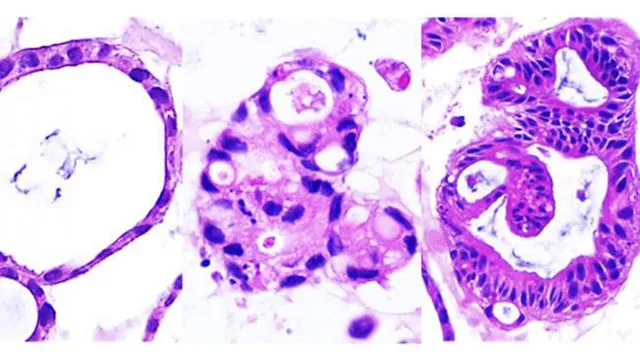
The Rising Hype Around Rapamycin: Can It Really Extend Fertility?
2024-09-18
Introduction
Infertility as a result of aging is an ongoing struggle, particularly for women who watch their ovarian reserve dwindle over time. Getting older means a gradual loss of eggs, culminating in the unavoidable reality of menopause. As medical treatments for infertility can be both costly and complex—and with procedures like egg freezing requiring extensive foresight—many are left searching for new solutions.
The Promise of Rapamycin
Enter rapamycin, a drug typically used to prevent organ rejection in transplant patients, which is currently garnering significant attention for its potential to extend fertility and delay menopause. Reports suggest that a regular dose of rapamycin could grant women an extra five years of fertility—a tantalizing prospect for many. However, this optimism is not without skepticism.
Skepticism and Current Evidence
The current evidence supporting rapamycin's efficacy in humans is sparse and not particularly convincing. While research on mice has shown that rapamycin may improve health markers such as cancer and heart disease susceptibility, memory enhancement, and even muscle retention, translating these results to human benefits remains a challenge. Previous mouse studies have indeed suggested that rapamycin can slow the decline of ovarian reserves, but the leap from rodent research to human applications is fraught with uncertainties.
Limitations of Human Trials
Existing human trials are limited and small-scale. For example, one notable study involving the anti-aging effects of rapamycin relied on just 36 participants, nearly half of whom dropped out. Subsequently, significant conclusions about the drug's effectiveness were rendered almost inconsequential. While researchers work diligently to ascertain rapamycin's potential impacts on human fertility, many trials are still in their infancy, including the Vibrant study—an important trial that is currently examining the effects of rapamycin on ovarian aging.
Initial Findings and Caution
Initial findings from the Vibrant study have stirred excitement; however, it’s critical to digest this information judiciously. Early reports, which have primarily involved only 34 women under the age of 35, proclaimed promising results, yet real-world application remains unproven. The study anticipates a final sample size of about 1,000 women, but definitive conclusions won't emerge for at least another year.
The Hype Around Potential Treatments
So, why the hype? The lure of potential treatments for age-related issues captivates public interest, yet history reminds us that many early-stage studies result in little to no practical application in larger populations. Anti-aging therapies attract immense attention, but the reality is that most promising prospects ultimately fizzle before reaching the market.
Conclusion
What does this mean for women grappling with age-related fertility issues? While the research could eventually yield groundbreaking insights, current enthusiasm may prove premature. Large-scale, well-controlled trials will be essential to ascertain the drug's effectiveness and safety in humans, and only time will tell if rapamycin will emerge as a game-changer in fertility treatments.
For now, the message remains: keep an eye on rapamycin, but remain cautiously optimistic. Science is a slow and elaborate dance, and while breakthroughs may appear enticing, they often involve rigorous scrutiny and time to reach fruition. So, hold off on those celebratory announcements; substantial evidence is still needed to crown rapamycin as the fertility extender it’s being hyped up to be.

 Brasil (PT)
Brasil (PT)
 Canada (EN)
Canada (EN)
 Chile (ES)
Chile (ES)
 España (ES)
España (ES)
 France (FR)
France (FR)
 Hong Kong (EN)
Hong Kong (EN)
 Italia (IT)
Italia (IT)
 日本 (JA)
日本 (JA)
 Magyarország (HU)
Magyarország (HU)
 Norge (NO)
Norge (NO)
 Polska (PL)
Polska (PL)
 Schweiz (DE)
Schweiz (DE)
 Singapore (EN)
Singapore (EN)
 Sverige (SV)
Sverige (SV)
 Suomi (FI)
Suomi (FI)
 Türkiye (TR)
Türkiye (TR)